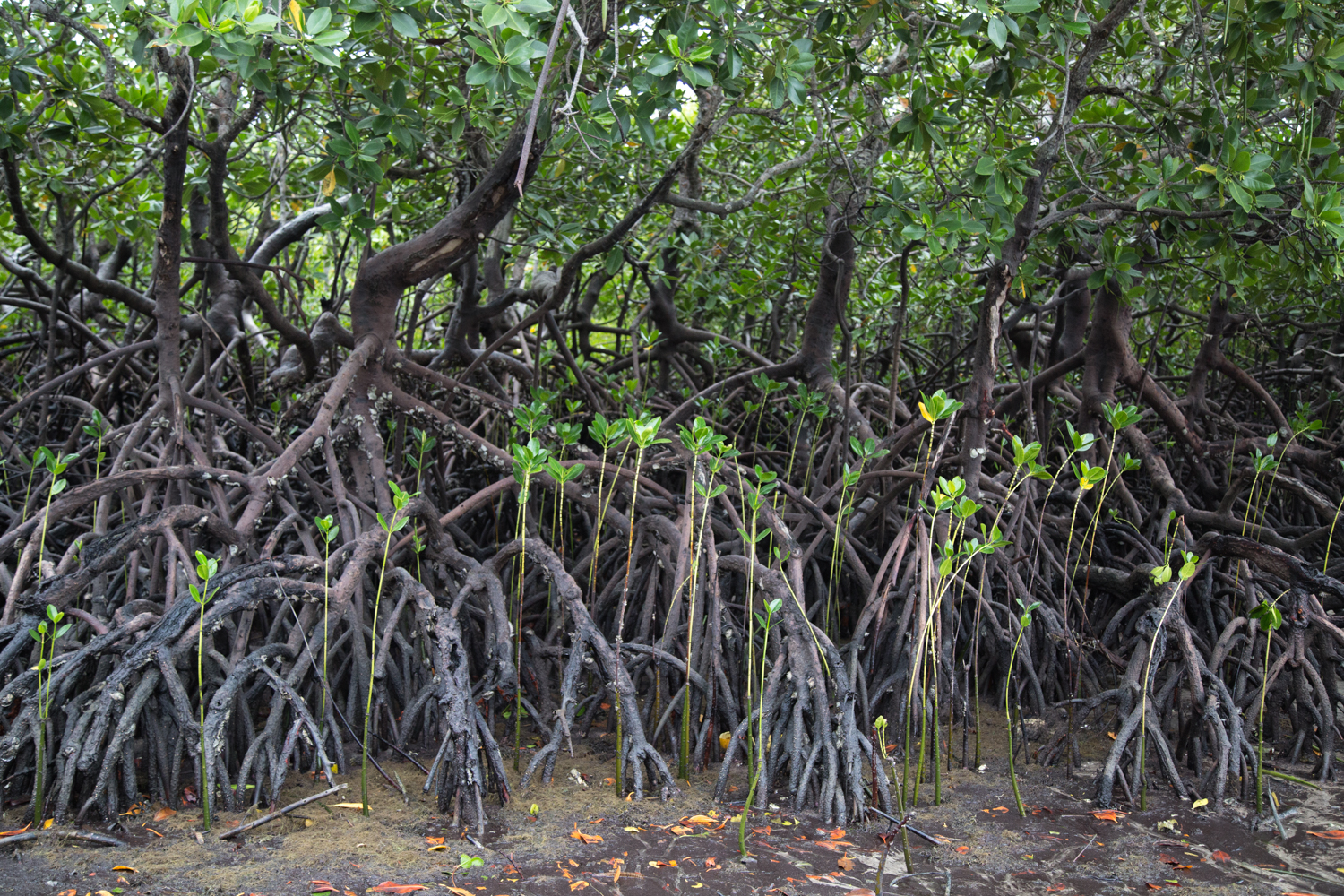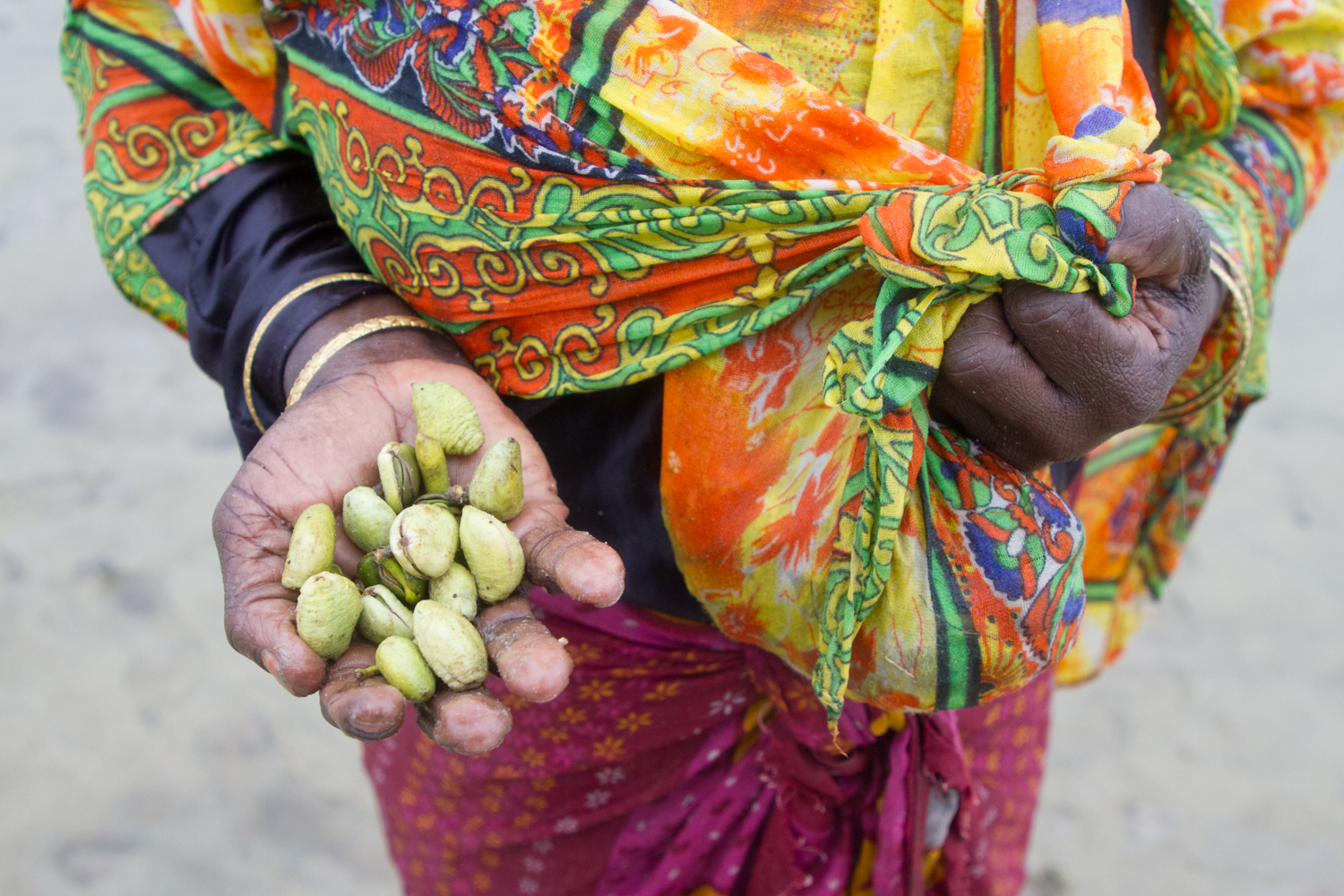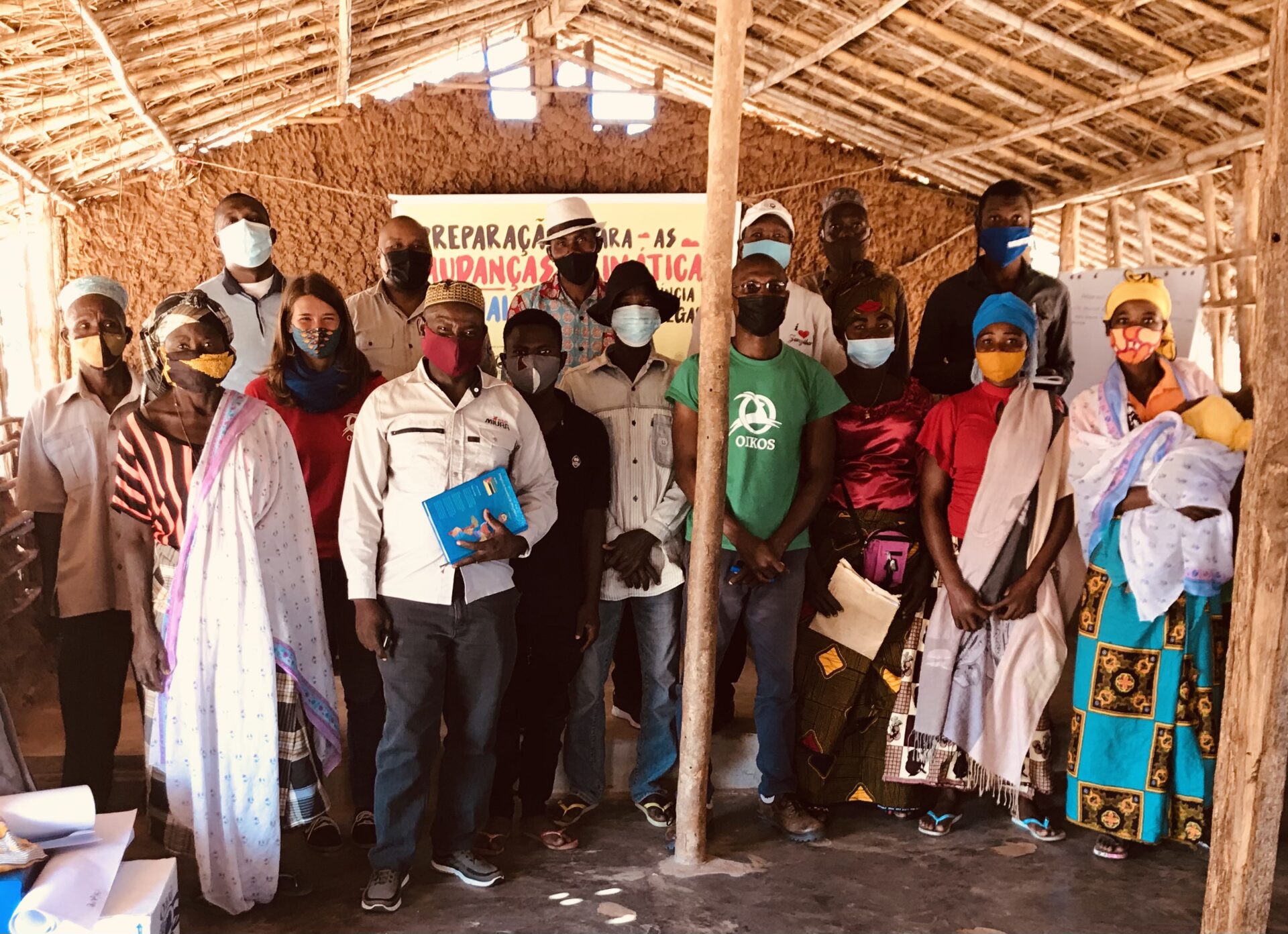Subscribe To Your Favourite Forests
Stories from the Wabanaki forest of the Maritimes, the Spice Forests of Zanzibar, and the mangrove forests of Mozambique.
Sign Me UpStories from the Wabanaki forest of the Maritimes, the Spice Forests of Zanzibar, and the mangrove forests of Mozambique.
Sign Me UpMangrove forests and their phenomenal biological productivity are crucial resources for maintaining the livelihoods of nearby communities. Mangrove forests hug Pemba’s coastline, surrounding the island with a “bio-shield” of trees that live half on the land and half in the sea. Their strong interlocking roots hold soils in place against waves and flooding and provide important habitat for fish and other wildlife.

Replanting mangroves forests improves the resilience of vulnerable coastal communities by providing livelihood diversification opportunities, an improved natural resource base, protection from coastal flooding, and greater overall ecological health. Healthy mangrove forests reduce water level surges by up to half a meter for every kilometre of their width, a vital ecosystem service for coastal communities in a changing climate!

Currently, Community Forests International supports 16 community nurseries that collectively raise and plant approximately 150,000 trees per year. To date, these nurseries have helped restore over 8 hectares of mangrove forest across Zanzibar.
Visit The Young Mangroves of Tumbe
Community Forests Pemba is working alongside local and international partners to support community-led mangrove restoration projects in Mozambique—bringing over a decade of expertise and experience from Zanzibar.
Read More: The Mangroves of Mozambique